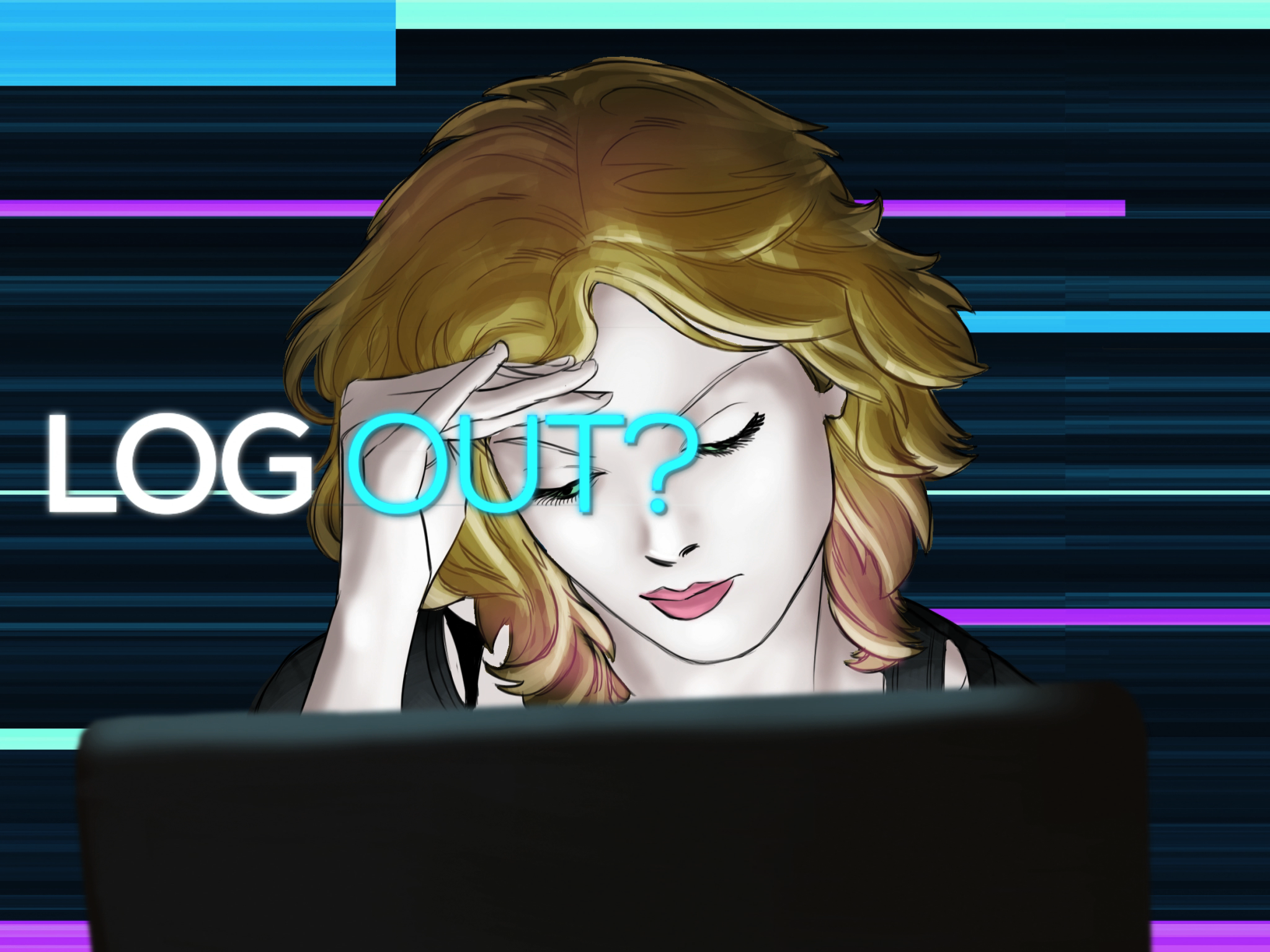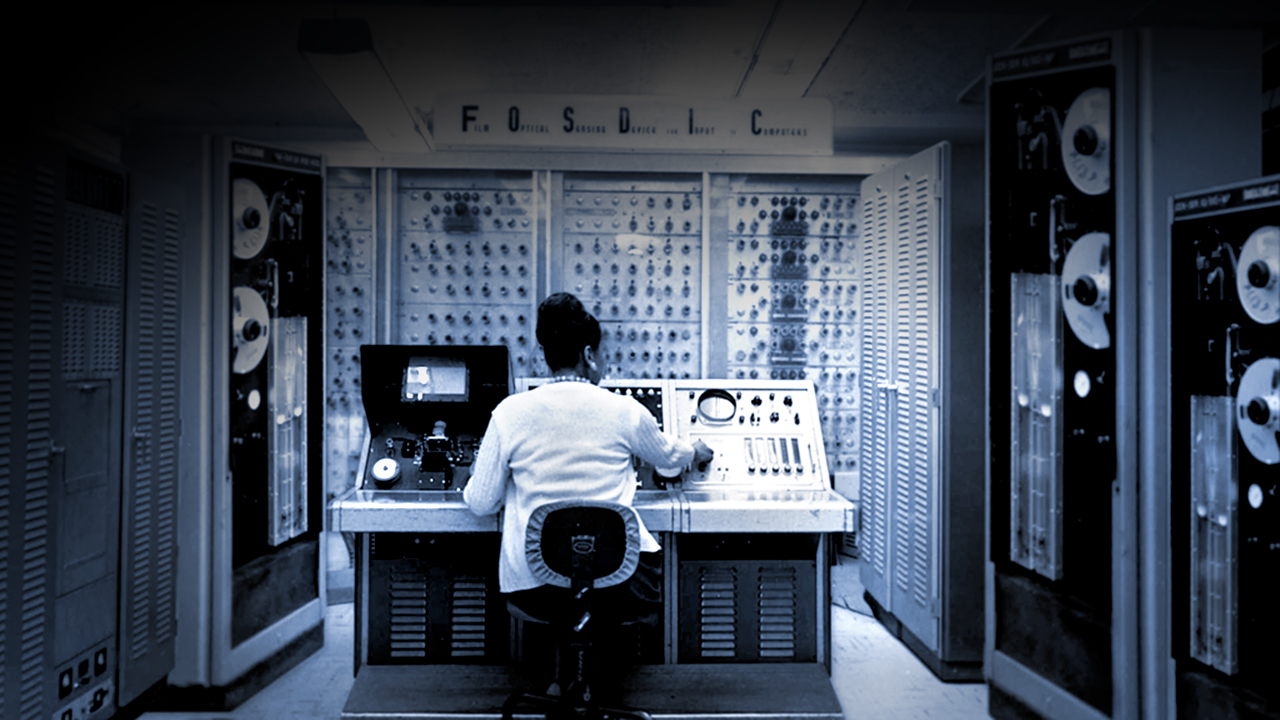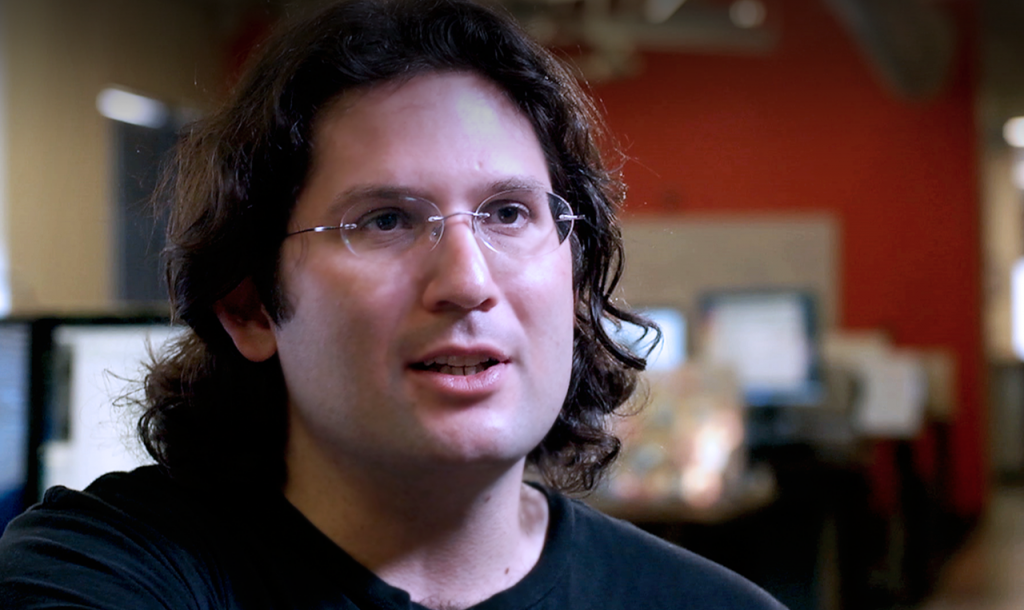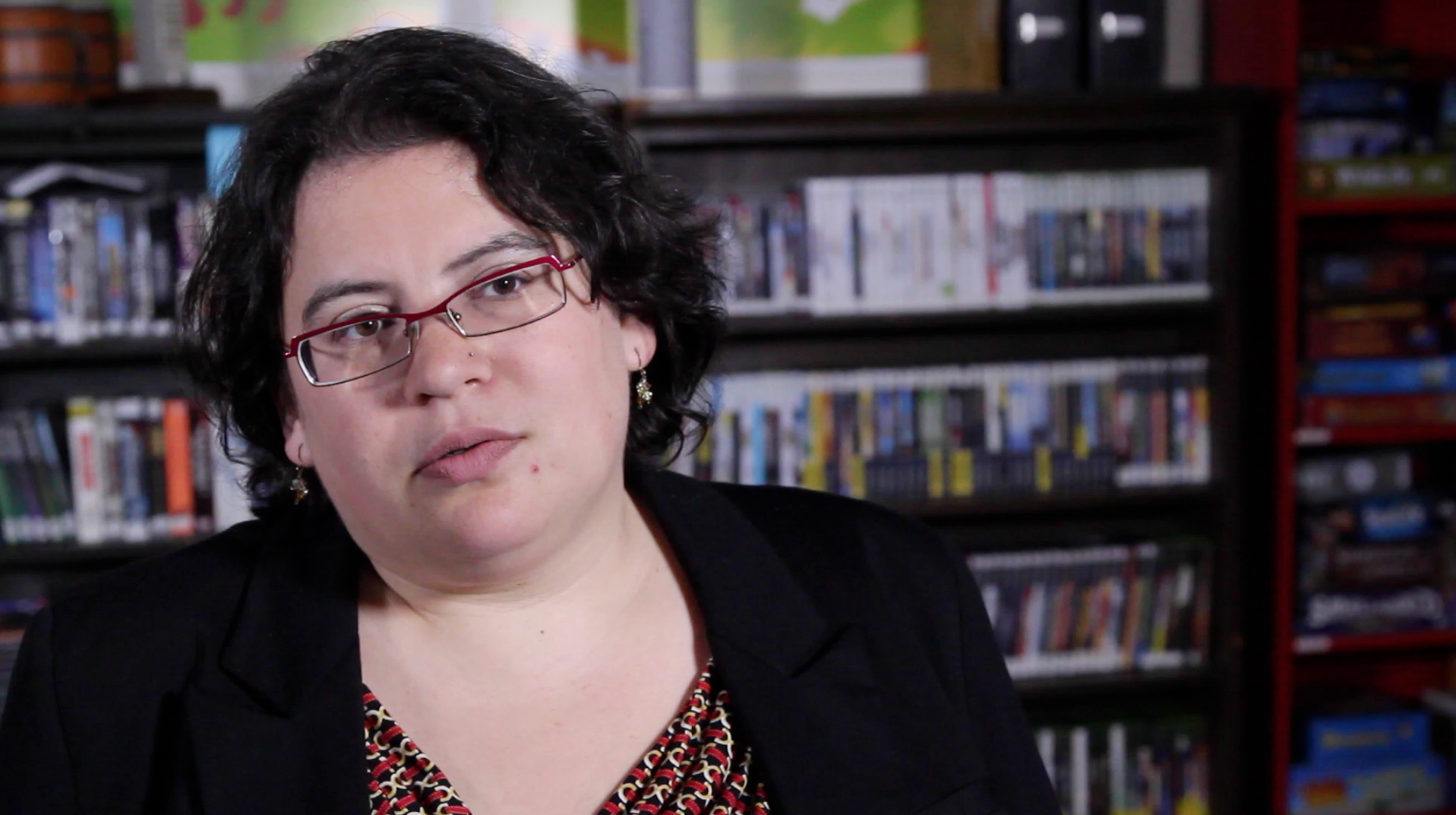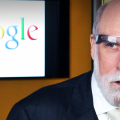One of the recurring themes explored in both Avatar Secrets as well as Life After Digital is the relationship between technology and agency. The idea that we can choose to use our tools in ways that we deem fit, that we have the opportunity to shape our society and even our reality.
Privacy is another recurring theme, and yet it seems to stand up to this notion of agency. On the one hand privacy remains something that people value, and that we all recognize as being a central component to both our quality of life and reputational sanity. However on the other hand, our privacy, individual and collective, continues to be eroded, in a myriad of ways, that makes it difficult for us to fully embrace and employ our digital tools.
In Life After Digital, Michael Fertik, author of The Reputation Economy, asks whether “people control their data or are they being opted into a machine that increasingly controls their lives?”
In many respects we find incredible empowerment from the access to knowledge and freedom of expression that comes with the internet. However we also keep asking, at what cost, with privacy being a big part of that answer.
Avatar Secrets featured guest Dr. Sue Johnson observes that “it is hardly surprising that we have this enormous epidemic of anxiety and depression in western society when you really think about it should be the opposite, we are healthier, safer, we have more toys, we have more reasons to be happy with our lives than ever.”
There is a privacy paradox to our relationship with digital media and environments. We still haven’t quite figured out how to manage the ability to communicate with the need to protect our privacy.
Author Michael Fertik elaborates: “when we turn on our browser or turn on our phone, turn on our computer; turn on our laptop, it makes me uncomfortable. It makes me uncomfortable politically, ideologically, and also technically, ‘cuz there’s nothing about the technology of the Internet that inherently or necessarily requires that outcome.”
That was a big reason why Michael founded Reputation.com and authored the Reputation Economy, he wants to empower users to understand the relationship between their privacy, their reputation, and the opportunity to truly benefit from what digital environments have to offer.
Easier said than done of course. A lot of people struggle to keep up with Facebook’s privacy settings, let alone the broader moral question of whether to use social media and how.
Another theme we’ve explored on Future Now is the concept of the filter bubble. In particular when applied to public policy, the danger is to assume that all views vocalized and present are the views held by the public. Yet what about those who abstain from social media? What about those who chose to manage their privacy and reputation by refusing to participate? How will their views be known? Should they be? Perhaps their silence speaks volumes.



